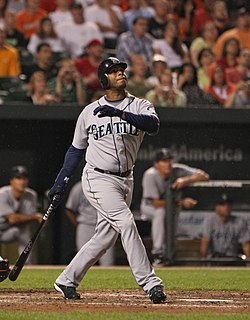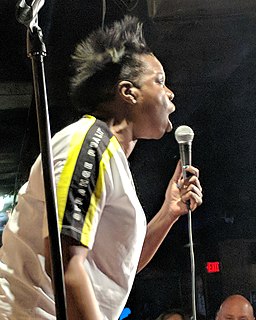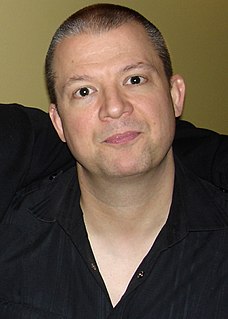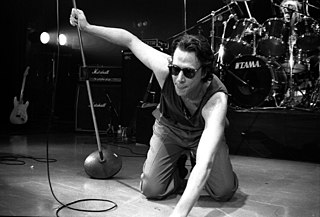A Quote by Isabel Allende
If you write nonfiction, a historical account of what really happened, first of all, it's always White men who do that and you don't have the voices that are really interesting to me, of the people who are not sheltered by the big umbrella of the establishment.
Related Quotes
It's interesting to me that really one of the first things she [Eleanor Roosevelt]did as First Lady was to collect her father's letters and publish a book called The Letters of My Father, essentially, hunting big game, The Letters of Elliott Roosevelt. And it really was an act of redemption, really one of her first acts of redemption as she entered the White House. She was going to redeem her father's honor. And publishing his letters, reconnecting with her childhood really fortified her to go on into the difficult White House years.
I've always really loved big worlds and the kind of worldbuilding where you can open a portal into a new realm that feels full and complete. At the same time, I also really love history. So the combination of big worlds and history draws me directly into fantasy. Well, it should turn me towards historical fiction but I'm such a perfectionist about research that I'm not sure I could ever write a book in that genre properly. In fantasy, you have to have the same level of precision, but it's not as research-based. Plus, I get to write my little info sheets and draw my maps.
I've been thinking a lot about why it was so important to me to do The Idiot as a novel, and not a memoir. One reason is the great love of novels that I keep droning on about. I've always loved reading novels. I've wanted to write novels since I was little. I started my first novel when I was seven.I don't have the same connection to memoir or nonfiction or essays. Writing nonfiction makes me feel a little bit as if I'm producing a product I don't consume - it's a really alienating feeling.
I always had a Twitter account. I always had an Instagram account. I was always active on it, always spoke my mind. To me, it's really weird that I got so many followers and people that pay attention the way they do. It's hilarious, actually, because people didn't used to listen to me at all. I used to be like, "Does anybody hear me talkin'?"
After the Dance was my first attempt at nonfiction. I'd never really participated in carnival, and I really wanted to go. It sounded like a wonderfully fun thing to do. And I wanted to write something happy about Haiti, something celebratory. And going to carnival gave me a chance to do that, because it is one of the instances in Haiti when people shed their class separation and come together.
Before all this happened, I always used to see my stammer as being a negative, all my life, but then when I went on 'Pop Idol,' and the first time I saw it on television, it was really, really bad, but also it made me stand out; it made people remember me. So for the first time in my life, it worked to my advantage.
I've never been able to keep track of an umbrella, but then my dad gave me this fancy umbrella. It was in his car, and I had again lost some awful Duane Reade disaster umbrella. It was my first adult umbrella that wasn't from a drugstore, and I have left it all over New York, and every time, I went back to get it.
When we started the band, I was really like, "We just want to make a lot of records" - not quite unlike Guided By Voices' schedule. I've always thought that our live thing is what we do best, and having a really robust, big catalog makes for the most interesting live band - especially with people, at this point, traveling to see us night after night. For us to have almost 100 songs to pull from is a really cool thing. The sets can be different. They can be invigorating on an intellectual level. I definitely hope to continue to release records at an accelerated pace.
You're always thinking, "What does that add up to?" You can't really get a handle on it. I was curious. I felt like it would be an interesting challenge for me to write down what I'd seen and done and learned - all the convolutions captured in one item that I could look at and get some grip on what the hell happened.




































